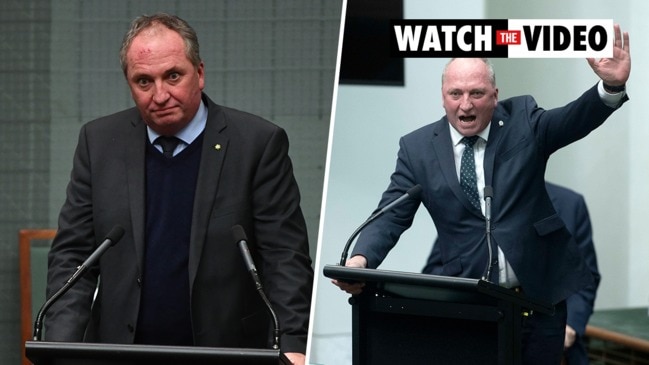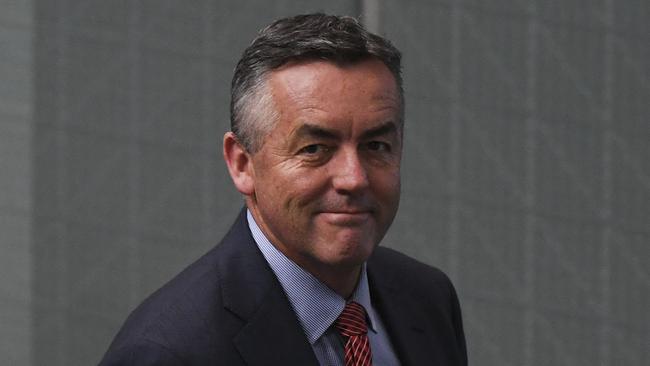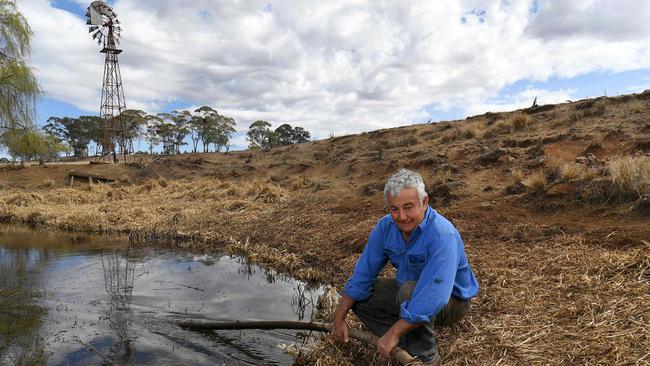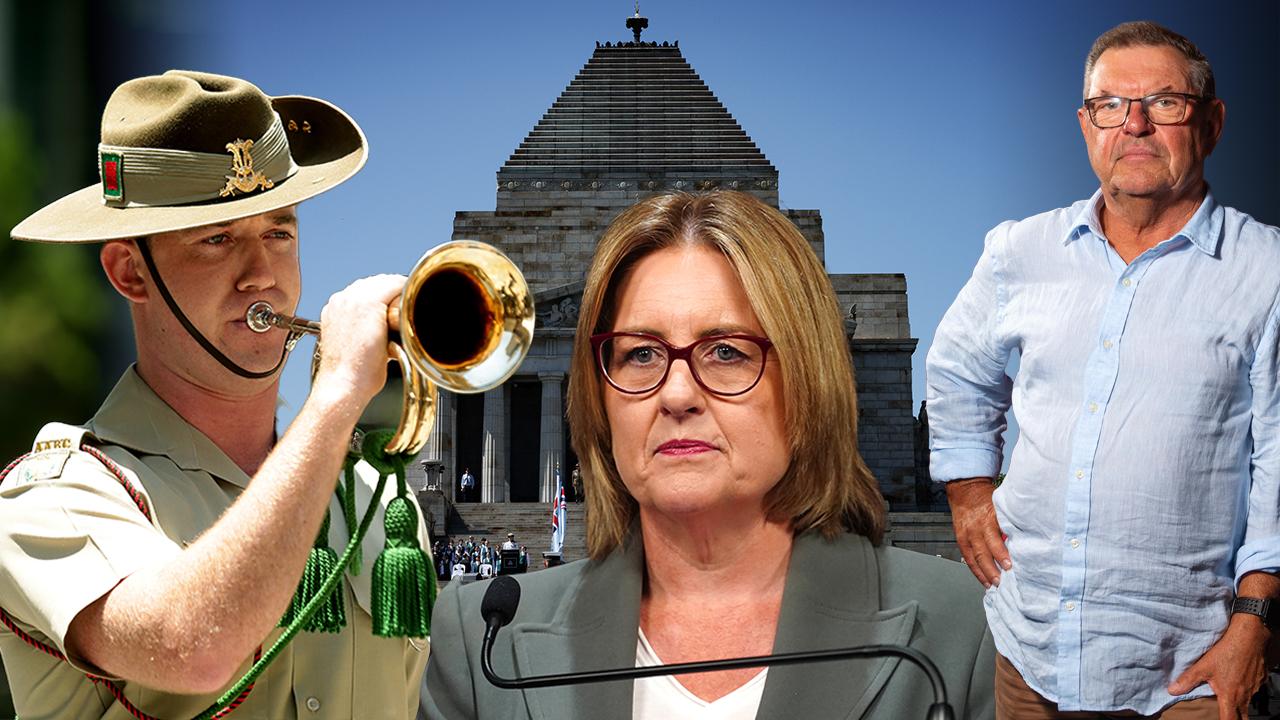The Nationals fight isn’t Joyce v Chester, but 1950 v 2050
If the more hard line Nationals lock into a climate denial agenda, they can wave goodbye to the generation of voters who will decide the future of Australia.

Opinion
Don't miss out on the headlines from Opinion. Followed categories will be added to My News.
There’s a fight for the future in The Nationals but it’s not between Barnaby Joyce and Darren Chester. It’s between 1950 and 2050.
Our party has stood the test of politics for more than 100 years but we didn’t stay relevant by cutting ourselves out of the big issues, or ignoring topics of concern to emerging generations of voters.
Yes, I’m referring to climate change, energy security, emissions reductions and the environment in general.
Younger voters in regional communities are passionate about the environment and they expect their representatives to at least understand their concerns.
At the same time, the influx of new residents relocating from metropolitan areas in a post-Covid boost to population will want to know their local MP has a balanced view of the world.
If the more hard line Nationals MPs and senators lock into a climate denial agenda, they can wave goodbye to the generation of voters who will decide the future of Australia.
The country-based party has been written off for decades but in recent elections, The Nationals have won back old territory and consolidated our standing in the federal parliament with 16 MPs in the House of Representative and five senators.
They are a diverse group, drawn from very different communities but they share a common passion for the future of regional Australia. In many ways, it is a loose coalition of independent-minded people, which has proven difficult for anyone to lead.

To build on recent success, The Nationals have to land on a climate position which is just as appealing in the coal-rich north, as it is on the east coast retirement belt.
Focusing on the issues we can agree on will require a political maturity and a willingness to compromise which has been absent in the climate debate for 15 years across federal parliament.
Regional Australia needs its own positive environmental agenda which focuses on practical outcomes, technology-led solutions and delivering the jobs our communities need.
Let’s start with the easy one. The Nationals should be advocating for a massive increase in Landcare and Coastcare funding to drive investment in practical land, river, estuarine and coastal management.
Across Australia, we need more boots and less suits. That’s more workers on the ground undertaking pest plant and feral animal control, replanting native species, protecting vulnerable habitat, reducing erosion and improving water quality.
Our people are the custodians of the massive public land estate but we don’t see the benefits in enough jobs for park rangers and skilled work crews to undertake fuel reduction burning, hazard control, maintain trails and biodiversity improvements.
Negotiating a partnership with states to lock in long-term funding for Landcare and Coastcare co-ordinators to leverage the efforts of volunteers and landholders, will deliver the environmental outcomes and the sustainable jobs our younger voters are demanding.
Again, it’s our people who are the practical environmentalist undertaking the majority of volunteer work at the moment but funding in the regions is often short-term and delivered through ad hoc grants programs.
When it comes to energy security and emissions reductions, The Nationals need to listen to core constituents like the National Farmers Federation and recognise the demographic change in our communities.
In Gippsland, I represent more nurses than farmers. My region is a food, fibre and energy powerhouse but health and education services actually employ more people.

My community wants reliable, affordable energy but also expects the federal government to deliver policy security and meet our international obligations to reduce emissions and care for our children’s future.
The diversity of communities like Gippsland demand a more nuanced approach to the debates over issues like achieving zero net emissions by 2050.
The NFF is on board and The Nationals shouldn’t be sidelined from the conversation if there’s benefits for farmers in soil carbon sequestration, revegetating marginal agricultural land and investing in new technologies to improve production.
The Victorian Nationals, led by Peter Walsh and Steph Ryan, are demonstrating a more balanced approach that our Canberra leadership would be wise to follow.
Investment in large-scale renewable projects is generating income for landholders. Technology breakthroughs that support carbon capture and storage linked to hydrogen production are already being explored and can deliver jobs in our regions.
The debate should not be dumbed down to combative talking points and a “for” or “against” 2050 emissions target for the sake of political games.
As Agriculture Minister David Littleproud said: “The zealots from both sides need to take a deep breath and get away, and let the adults in the room work through in an honest, transparent way.”
In simple terms: The Nationals need to stay involved in the climate and emissions reduction debate, and negotiate a positive outcome for the future of our regions.
Regional Australians have always been quick to adopt proven technology and innovations which have boosted the economic prosperity of our communities.
Quite simply, The Nationals party room can’t be looking back wistfully at the 1950s as the good old days, when our communities are looking forward with optimism and purpose to a better future in 2050.
Darren Chester is the Member for Gippsland.




